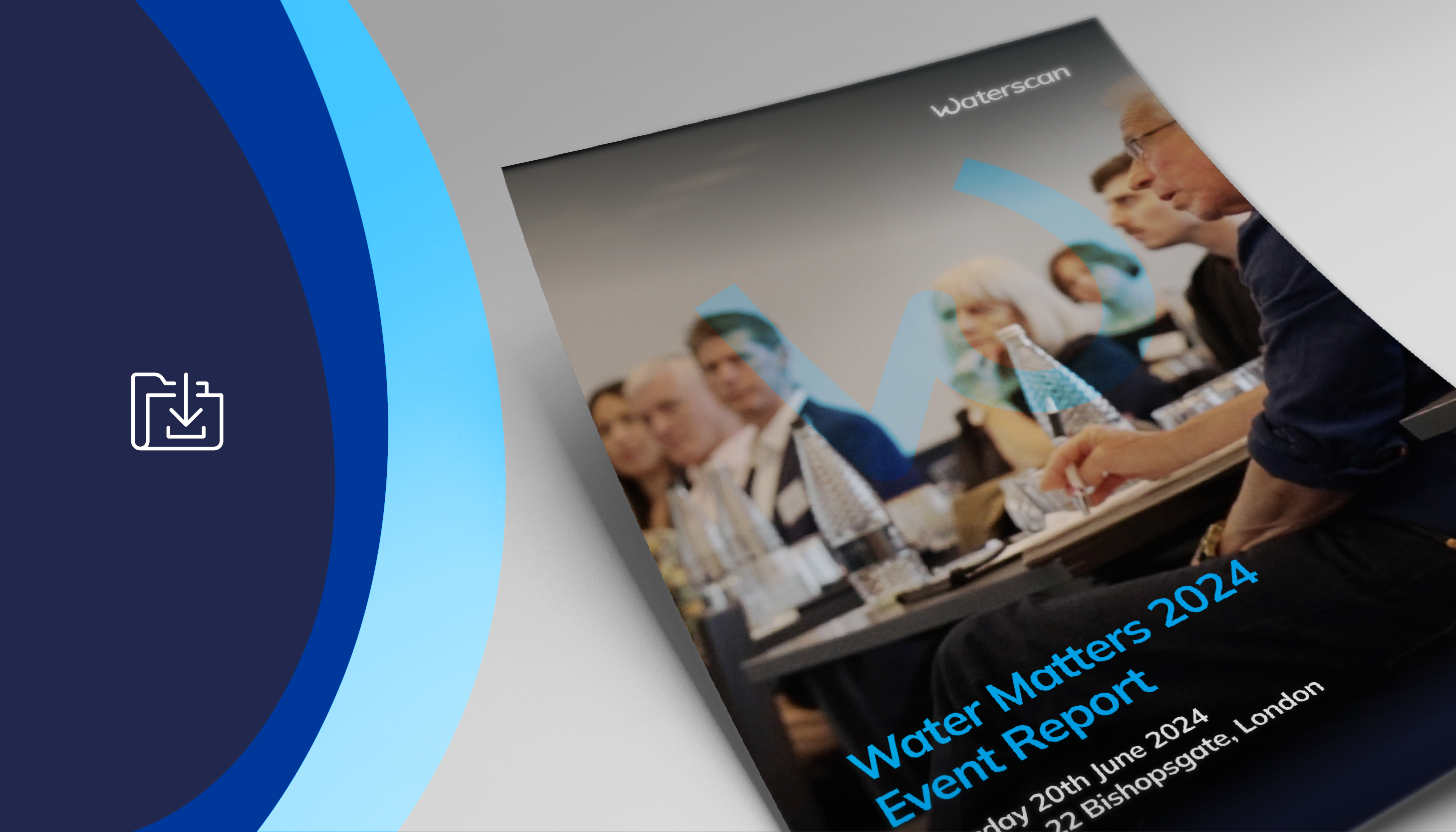What Ofwat’s fourth market report reveals.
Traditional market structures and approaches are failing to deliver necessary improvements for water customers and the environment, reveals water market regulator Ofwat in its fourth State of the Market Report.
Just 9% of non-household water customers were active in the market over the 12-month reporting period, largely due to low awareness of the opportunity to act and poor quality data to facilitate action. As a result, there was little progress towards reducing water consumption and cost.
“We consider the market can deliver improved outcomes for customers, but this requires urgent action from market participants, including to improve data quality. A strong and sustainable business retail market should benefit customers, but not if costs from inefficiencies are passed onto them.”
Georgina Mills, Director Business Retail Market at Ofwat
Breaking away from the traditional wholesale-retail-customer route to market and opting to Self-Supply is where the real benefits are clearly visible.
The Ofwat report notes:
‘Self-Supply remains a popular option for larger customers in the market, with Self-Supply licensees citing financial benefits in terms of cost savings, reduced administration costs and better control over data as key benefits from switching to Self-Supply.’
Improvements in water efficiency are also highlighted in the report:
‘For the 2020-21 period, eight Self-Suppliers reported efficiency savings of 336Ml, equating to around 4% of annual water consumption. For individual Self-Suppliers, percentage savings ranged from between 0.6% – 13% of total water consumption.’
The report goes on to indicate that while incumbent retailers continue to account for the large majority of market share, they are losing ground to new entrants. Four new Self-Supply licences were granted in the 2020-21 reporting period, bringing the total in the market to 16. Most of these organisations are supported by Waterscan.
Neil Pendle, Managing Director at Waterscan, comments: “This report exposes the water market as a real mixed bag. On one hand, there are 16 organisations that are active in the market as Self-Suppliers. These organisations are engaged, they’re passionate about the role that water plays in their race to net zero and they’re driving the market forward for the benefit of all water customers. As a result, they’re saving an awful lot of water, time and costs. On the other hand, the report shows that 91% of eligible companies aren’t involved in the water market because they don’t have access to high quality data and insight to compel them to act.
“If we are to tackle water scarcity, it is now absolutely vital and urgent that all parties involved in the water market do two things. First, we must help all non-household water customers to understand the unequivocal need to be more efficient with water and how they may achieve this as part of their net zero plans. Secondly, we must improve access to timely and accurate consumption data for all water customers so that they can make informed, strategic decisions that are right for their business. While no-one can rest on their laurels, I’m confident that the companies that we work with have this understanding and insight. It’s time for the rest of the market to play its part.”




